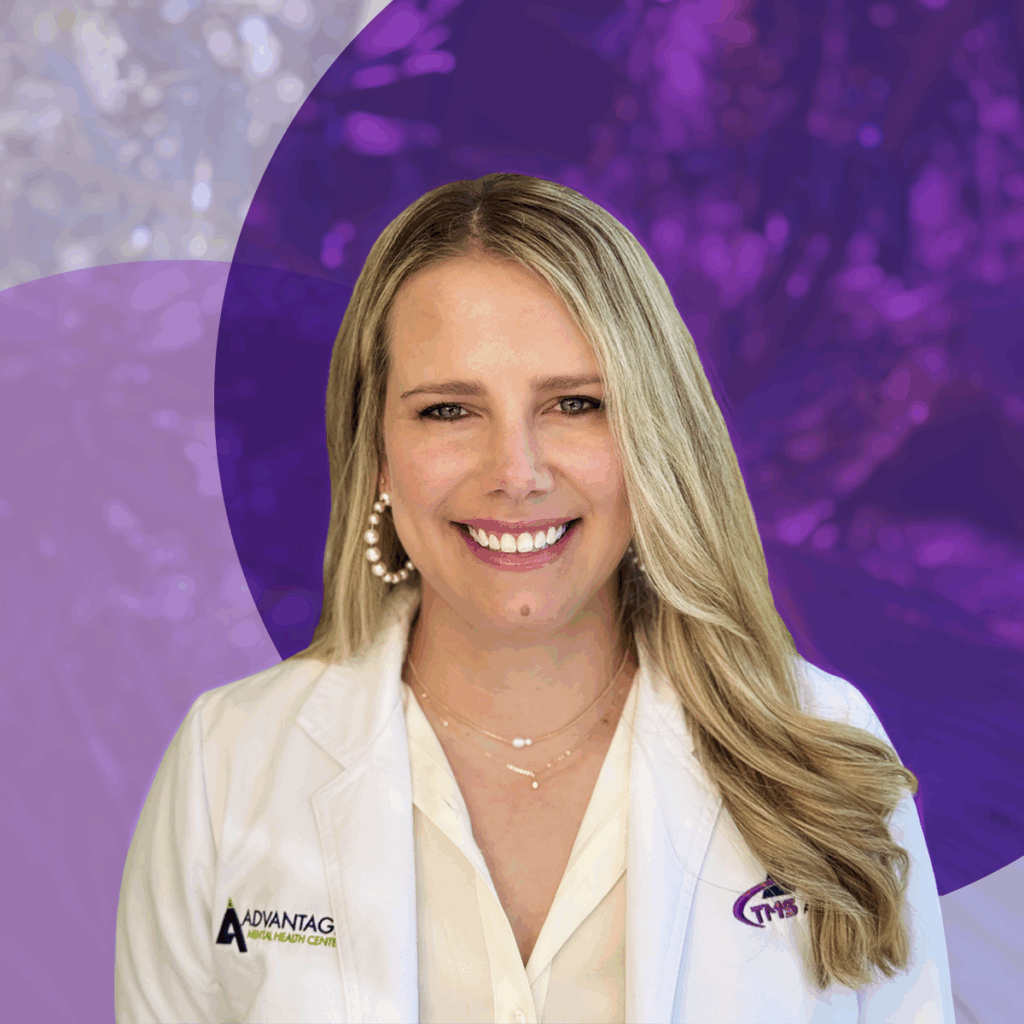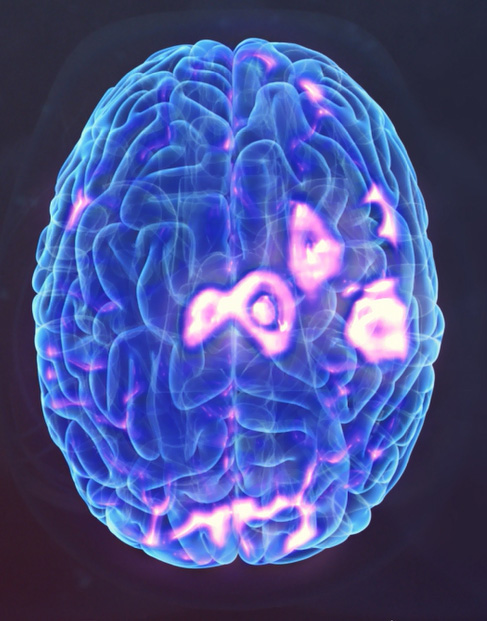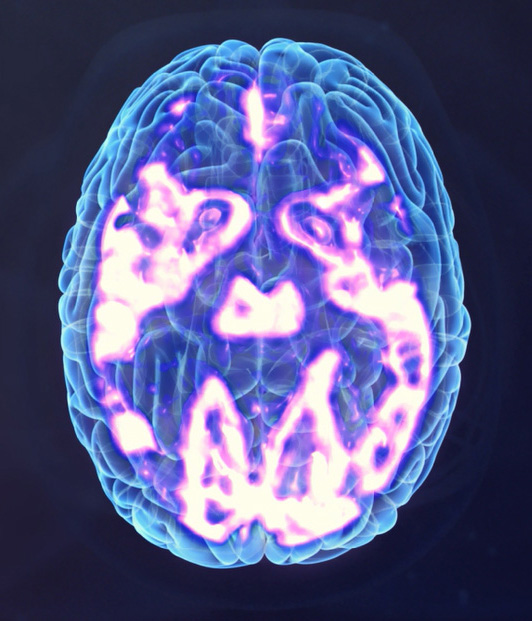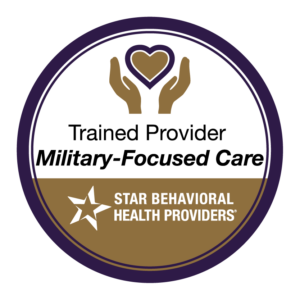


Before TMS, dark areas show where brain cells are not functioning as they are meant to function. After TMS, highlighted areas indicate healthy brain function.
Reference: Mark George M.D. Biological Psychiatry Branch Division of Intramural Research Progress, NIMH 1993
About 75% of TMS patients see at least a 50% improvement in depression symptoms; these improvements last for months and even years after treatment
Sessions are about 20 minutes, you can drive to and from your appointments, and resume normal activities immediately afterwards. We’re open 8 am – 8 pm and on Saturdays. Flexible scheduling makes it easy for you to start feeling better.
If you’ve tried medication, your insurance company should pay for TMS. We accept Tricare, ChampVA, Medicare, all Blue Cross Blue Shield plans, Florida Blue, United, Aetna, Cigna and others.
TMS has been FDA-cleared since 2008 with hundreds of thousands of safe, effective treatments being performed world wide. Done in a comfortable setting under the supervision of a board certified psychiatrist and trained professional TMS treaters.
TMS targets the area of the brain responsible for mood and helps awaken and reset the neuropathways responsible for depression and anxiety, so you can find relief.
Advantage TMS was born out of a desire to provide compassionate and individualized care. Founded by a local psychiatrist with a vision, we create a calm welcoming environment where patients are treated like family. Complimentary snacks, coffee, tea, and water are offered for our patients’ comfort during each session. This personal touch sets us apart from the impersonal nature often found in chain operations.
Our staff is specially trained to help service members, veterans and their families who have TriCare or ChampVA insurance get the TMS treatment they need. If you have TriCare or ChampVA, you can trust you’ll get the specialized care you need with Advantage TMS. Confidential, discreet care!

TMS stands for transcranial magnetic stimulation. It is used to treat depression by stimulating the brain non-invasively using electromagnetic fields, similar to those produced by an MRI machine. During TMS therapy, a magnetic field is administered in very short pulses to the part of the brain that research has demonstrated to be associated with depression.
TMS therapy uses short pulses of magnetic fields to stimulate the area of the brain that is thought to function abnormally in patients with depression. The magnetic field produces an electric current in the brain that stimulates the brain cells (neurons). This results in changes that are thought to be beneficial in the treatment of depression.
TMS is non-systemic (does not circulate in the blood throughout the body), so it does not have side effects such as weight gain, sexual dysfunction, nausea, dry mouth, sedation, etc. The most common side effects reported during clinical trials were headache and scalp discomfort – generally mild to moderate – occurring less frequently after the first week of treatment.
In clinical trials, 2 out of 3 patients who had either responded to treatment or completely remitted their depression symptoms reported 12 months later that they remained at the level they were at the end of the trial. Additionally, after the trial, only 1 in 3 patients needed to return for ‘maintenance’ TMS sessions.
Research into Transcranial Magnetic Stimulation (TMS) has created an alternative treatment for depression. It is believed that by focusing electromagnetic pulses at specific regions of the brain, TMS activates and raises the levels of neurotransmitters in areas shown to be under-performing in people suffering from depression. TMS is a very promising treatment for depression and seeks to be a viable therapy for those who have not benefited from prior antidepressant medications.
No. TMS therapy involves a unique method of using pulsed magnetic fields for therapeutic benefit. The intensity of the magnetic field is similar to that of the magnetic fields used in magnetic resonance imaging, or MRI. These techniques differ radically from the popular use of low intensity, static magnetic fields. These products deliver weak and undirected static fields that are not capable of activating brain cells.
No, the most common side effect related to treatment was scalp discomfort during treatment sessions.
Most commercial insurance plans recognize the importance of approving TMS treatment to treat depression. We accept all Blue Cross plans, United, Optum, Aetna, Cigna, Tricare, ChampVA, Beacon, Humana, Medicare and more. We can do a single case agreement with almost any insurance. We do not accept Medicaid at this time.
Our office is closed December 25th for Christmas and January 1st for New Years Day. If you have any questions or urgent requests, please email us at info@advantagementalhealth.com.
Please fill out the form if you have a patient interested in learning more about TMS treatment. We appreciate the referral and partnership.
Next Steps:
• Our TMS Coordinator will contact the patient to schedule a complimentary information session.
• If the patient decides to seek TMS treatment with Advantage TMS, we will communicate with you when necessary and the patient will continue to work with you while receiving treatment.
Questions?
• Please don’t hesitate to contact us at 727-600-8093 or info@advantagementalhealth.com
